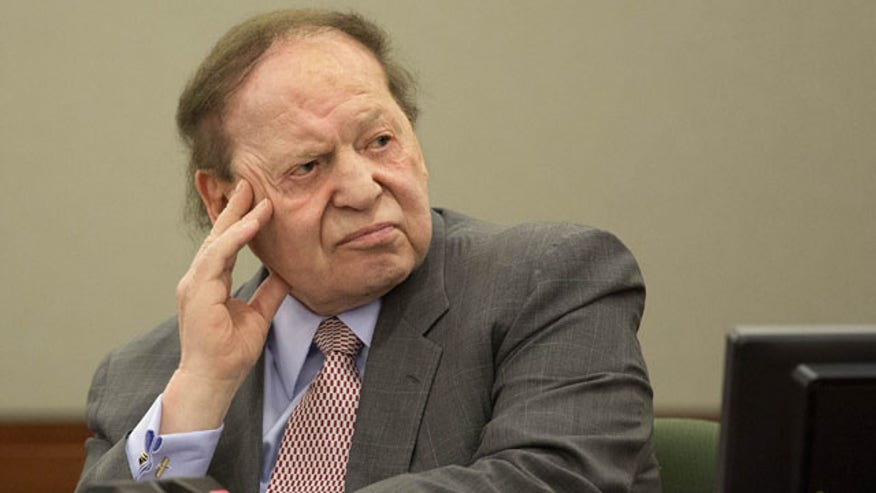 |
| "Transgendered leftist activist." Ted, is that all you got? |
When you're the party of crazy, it may be that crazy is all you've got. Ted Cruz just broke the mold for the dodgiest answer in the history of "You thought you got me but look over there!"
Here's TPM:
During a press conference in Iowa, Cruz slammed "vicious rhetoric on the left blaming those who are pro-life" for the shooting, the Texas Tribune reported.
"The media promptly wants to blame him on the pro-life movement when at this point there’s very little evidence to indicate that," Cruz said, according to the Texas Tribune.
A reporter told Cruz that reports indicate that the suspected shooter, Robert Lewis Dear, mentioned "baby parts" to law enforcement after he was arrested.
"It’s also been reported that he was registered as an independent and a woman and a transgendered leftist activist," Cruz hit back, referencing a voter registration form that allegedly lists Dear as a woman. "If that’s what he is, I don’t think it’s fair to blame on the rhetoric on the left. This is a murderer."
When asked by the New York Times which reports Cruz was referring to when he said Dear was registered as a woman, spokeswoman Catherine Frazier pointed to a post on The Right Scoop.The link to The Right Scoop leads to speculation apparently based on Robert Lewis Dear's being listed as "female" on a voter registration. The Scoop author, soopermexican, suggests Dear might be transgendered based on this report before admitting he doesn't look transgendered. Could he be right?
 |
| Hey, Ted, I don't think hormone therapy can turn a woman into this, but nice try. |
To call Ted Cruz's dodge disgraceful is an understatement and an insult to the world disgraceful.
Ted Cruz for leader of the Free World? That's horrifying.
Afterthought: Though Carly Fiorina tried the "turn it around on the other side" technique with her remarks on the shooting, she couldn't reach the dodgy heights of Ted Cruz.
“This is so typical of the left to immediately demonize the messenger, because they don’t agree with the message,” she said. “What I would say to anyone who tries to link this terrible tragedy to anyone who opposes abortion or opposes the sale of body parts is, this is typical left-wing tactics.”Of Course, the message, that Planned Parenthood sold fetal tissue for profit, was fabricated and driven loudly in the public sphere by none other than Carly Fiorina. What a despicable tool.
























